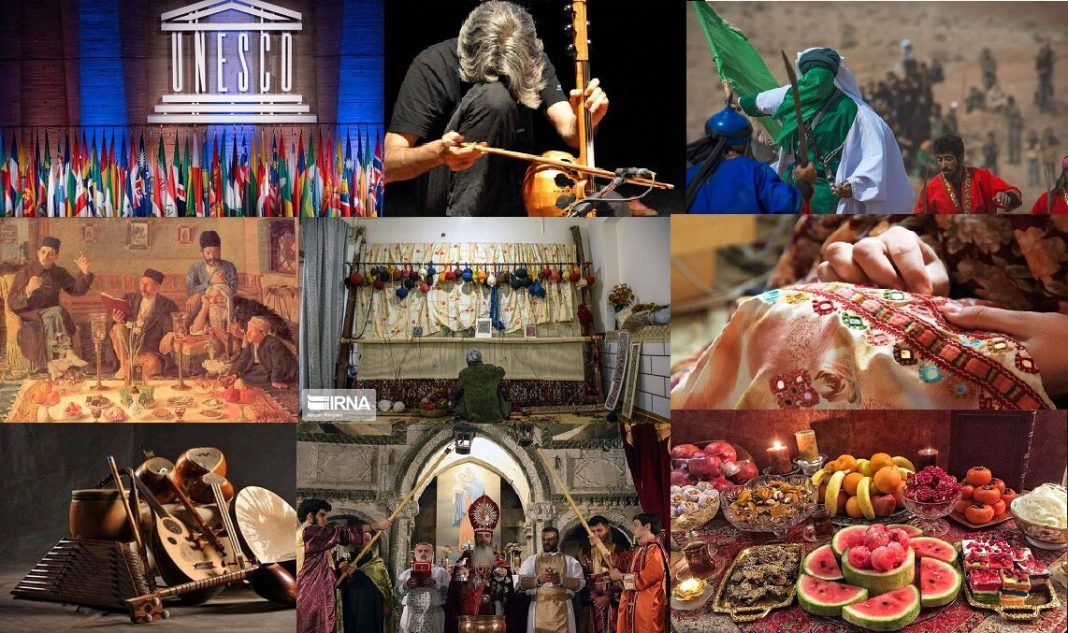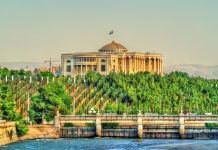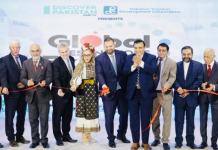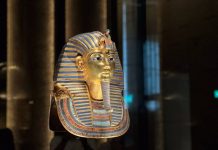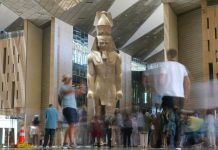Tehran – Iran has once again demonstrated its cultural leadership and growing global stature in the field of heritage preservation and tourism by being officially selected to host the 2026 Annual Meeting of UNESCO Category 2 Centers active in the safeguarding of intangible cultural heritage.
The announcement was made by Ali Darabi, Iran’s Deputy Minister of Cultural Heritage, Tourism, and Handicrafts, and Chair of the Governing Board of the Tehran-based Regional Research Centre for Safeguarding Intangible Cultural Heritage in West and Central Asia. This prestigious opportunity solidifies Iran’s position as a regional hub for cultural diplomacy, heritage research, and international cooperation.
The decision came during the 2025 virtual session of UNESCO’s Category 2 Centers, chaired by Fumiko Ohinata, Secretary of the 2003 UNESCO Convention for the Safeguarding of the Intangible Cultural Heritage. Despite being held online due to scheduling overlaps with the UNESCO General Assembly and MONDIACULT World Conference in Spain, the session saw active participation from over 80 global cultural experts and directors from Algeria, Bulgaria, China, Japan, South Korea, Peru, the UAE, and more.
A highlight of the session was the Tehran Centre’s report on its 2024 achievements, delivered by Director General Atousa Momeni. The center showcased its impactful work in capacity-building, digital heritage documentation, community education, and regional partnerships across 24 countries in West and Central Asia. These efforts reflect Iran’s deep commitment to protecting and promoting its rich and diverse cultural traditions.
By winning the bid to host the 2026 in-person session, Iran reinforces its image as not only a custodian of one of the world’s oldest civilizations but also a dynamic, forward-looking nation promoting sustainable cultural tourism. The upcoming event is expected to attract dozens of international delegations and experts, offering them a first-hand experience of Iran’s living heritage, hospitable people, and breathtaking historical sites.
Darabi emphasized the strategic role of the Tehran Center in supporting the UNESCO Convention’s objectives and serving as a vital professional partner to the Secretariat. He noted that Iran’s leadership in cultural heritage is not limited to academic and institutional work but is closely linked to the country’s tourism vision that encourages deeper cultural engagement.
This development aligns with Iran’s broader efforts to position itself as a leading destination for cultural and heritage tourism, offering travelers a unique journey through millennia-old traditions, UNESCO-listed sites, and vibrant local cultures.
As the world looks toward Tehran in 2026, Iran stands ready to welcome international scholars, policymakers, and cultural custodians—further strengthening its role as a bridge between East and West through the timeless language of heritage.
BY: The Times Union



